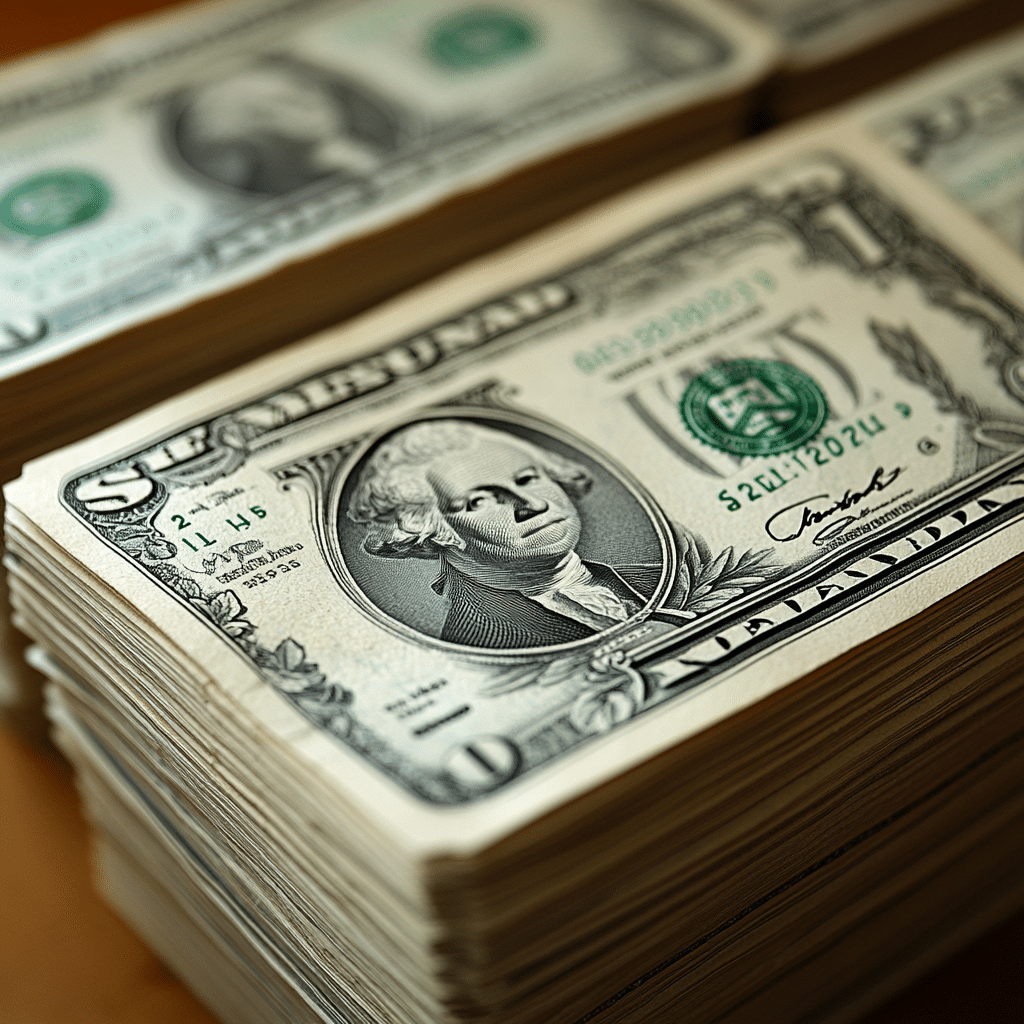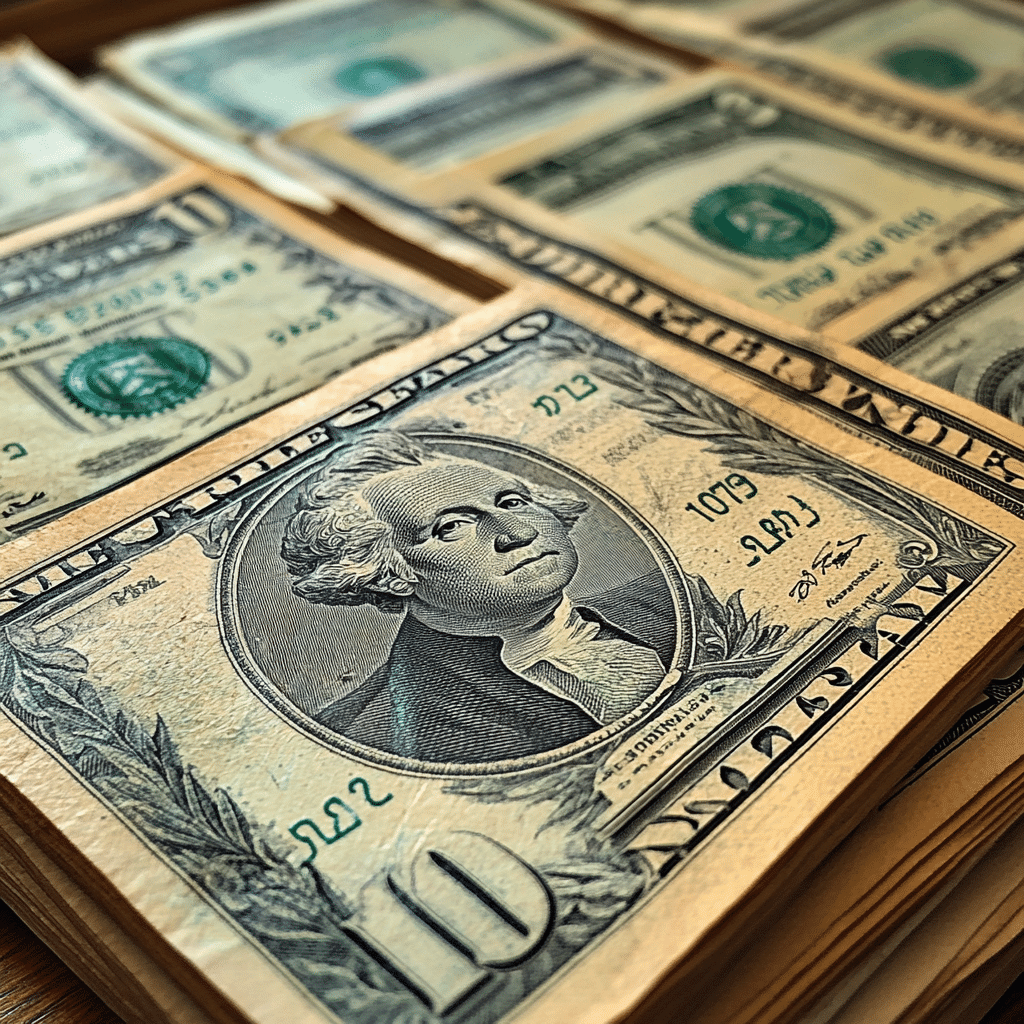Understanding NYS sales tax is crucial for consumers and businesses alike. This tax is a key part of New York State’s revenue system, influencing the buying and selling processes across the board. The average NYS sales tax rate clocks in at 4%, but when local jurisdictions attach their own taxes, rates can leap significantly. For instance, New York City sits at a hefty 8.875%, made up of the state rate, a city rate of 4.5%, and a transit tax of 1.5%. These discrepancies underscore the importance of grasping local sales tax nuances, especially for those running businesses in multiple areas.
Understanding the tax ya’ pay is one thing; navigating it is a whole different ballgame. The New York State Department of Taxation and Finance lays out the rules, and it’s vital to stay informed. With rules changing regularly, businesses must keep up with compliance requirements to avoid penalties and ensure smooth transactions. So, hold onto your hats; let’s dive deeper into the key compliance essentials every business should know.

Top 7 Compliance Essentials for Navigating NYS Sales Tax
Managing NYS sales tax compliance is no small feat. Below are seven essential steps to keep businesses on the right track:
First and foremost, businesses must register to obtain a sales tax certificate. You can easily accomplish this online via the NYSDTF’s website. Without this certificate, you won’t legally collect sales tax from your customers.
It’s essential to know what products and services are subject to sales tax. For example, clothing and shoes under $110 are exempt from state sales tax. In contrast, items like digital software are often taxable, so staying updated is vital.
Ensure the correct sales tax rate is charged based on the customer’s location. A misstep here can lead to fines that could hurt your bottom line.
The New York State Department of Taxation and Finance expects businesses to keep precise records of sales and taxes collected. Retaining this information for at least three years after the sale is a must.
Each business has its own filing deadlines based on sales volume. Regularly check the NYSDTF website to stay updated on any changes.
Sales tax rates can change based on local government decisions. For instance, some counties raised their rates in 2023. Keeping an eye on local tax authority announcements can save headaches.
Various sales tax automation tools, such as Avalara and Taxjar, can drastically streamline the compliance process. These systems integrate into sales platforms, helping to accurately calculate sales tax.

The Role of the New York State Department of Taxation and Finance in Sales Tax Compliance
The New York State Department of Taxation and Finance plays a major role in overseeing sales tax collection and compliance. This agency provides resources like guidance documents and free online seminars to help businesses navigate the often tricky waters of sales tax regulations. It’s essential to pay attention to the specific guidelines laid out by the NYSDTF regarding audits and disputes.
The Department also provides FAQs and one-on-one assistance to businesses needing clarity on their obligations. Ignoring this information can lead to unnecessary penalties, so embracing these resources is smart. Simply put, the NYSDTF is here to assist and offer a lifeline to businesses navigating NYS taxation and finance complexities.
Comparative Insights: NYS Sales Tax vs. Illinois Department of Revenue Tax Practices
Comparing NYS sales tax to the Illinois Department of Revenue sheds some light on varying state practices. Here are some important points of comparison:
These comparisons highlight the necessity for businesses to remain vigilant when operating across state borders. A solid understanding of each state’s tax practices can lead to better financial planning.
Navigating the Future of NYS Sales Tax Compliance
As consumer habits and e-commerce grow, the landscape of NYS sales tax is bound to change. The New York State Department of Taxation and Finance is already hinting at a shift toward a more digital-focused compliance system. This move could bring about new regulations, so businesses must be ready to adjust their sales tax strategies proactively.
Organizations that stay ahead of the game by embracing digital compliance tools will likely have an easier time adapting to forthcoming challenges. As we enter 2024, staying informed and technologically equipped is the name of the game in handling NYS sales tax efficiently.
Whether you’re running a small business or managing a larger enterprise, mastering NYS sales tax rules can save you in the long run. Don’t just keep your head above water—make it your mission to thrive. Embrace the tools, use the resources available, and ensure you are compliant with the shifting landscape of New York’s tax regulations. So, as taxpayers in this state, let’s keep it sharp, stay compliant, and always be on the lookout for new changes and opportunities!
NYS Sales Tax: Fun Trivia and Interesting Facts
Unpacking NYS Sales Tax Mysteries
Did you know that New York’s sales tax can sometimes feel as puzzling as picking out the sweetest red fruits at the grocery store? Originally implemented to help fund state and local budgets, the NYS sales tax rates can vary dramatically depending on where you are. For instance, cities like East Windsor can have a different rate compared to nearby towns, leading to some interesting shopping decisions. With sales tax rates standing at 4% for New York State and an additional local tax that can push it up to 8.875%, keeping up with these numbers feels like trying to get a perfect pair of Birkenstock sandals. You have to be precise to ensure the best fit!
Why Compliance Matters
Staying compliant with NYS sales tax is crucial—not just for retailers but for buyers too. Tax rates can change as frequently as the details surrounding celebrity news, like when Kody Brown’s new wife made headlines. Proper understanding and tracking of these rates not only prevent penalties but also educate consumers about the true cost of their purchases. It’s like being in the charming town of Maple Grove MN; knowing what’s included in the price helps you appreciate each dollar spent.
Sales Tax Trivia that Surprises
Here’s something that might just astonish you: while sales tax has its roots in the Great Depression, it continues to evolve, much like the dynamic journeys of famous personalities such as Kelly Knievel. And just like the popularity of certain makeup brands such as Clinique Foundation, which have boosts in sales during special promotions, distinctive items and services can sometimes get different tax treatments. It’s essential to know that some goods, like groceries, are largely exempt in NYS, which is a win for many families! Additionally, bizarrely, even traditions such as Mario Boo can affect sales tax—if they throw a major event in NYC, expect a temporary rise in local sales taxes to cover increased public services.
Navigating NYS sales tax might initially seem overwhelming, but with these fun facts up your sleeve, you’ll find your footing. Understanding these nuances helps both consumers and business owners to avoid pitfalls, ensuring that everyone plays by the rules in this fascinating arena.




